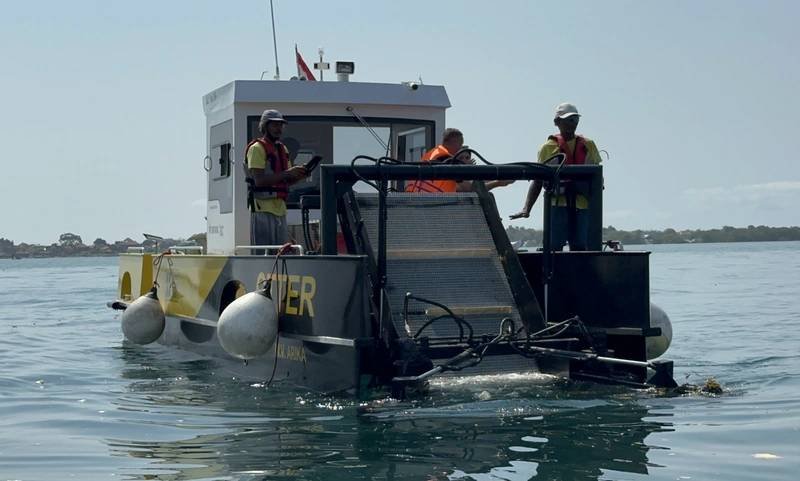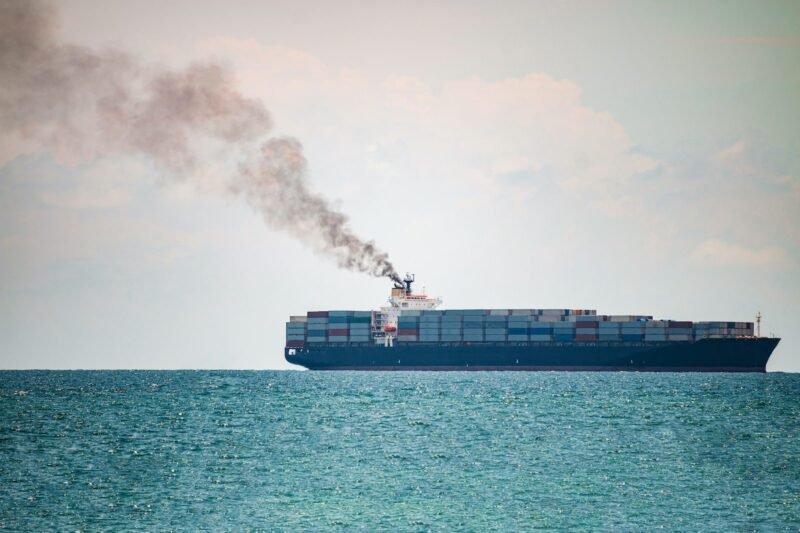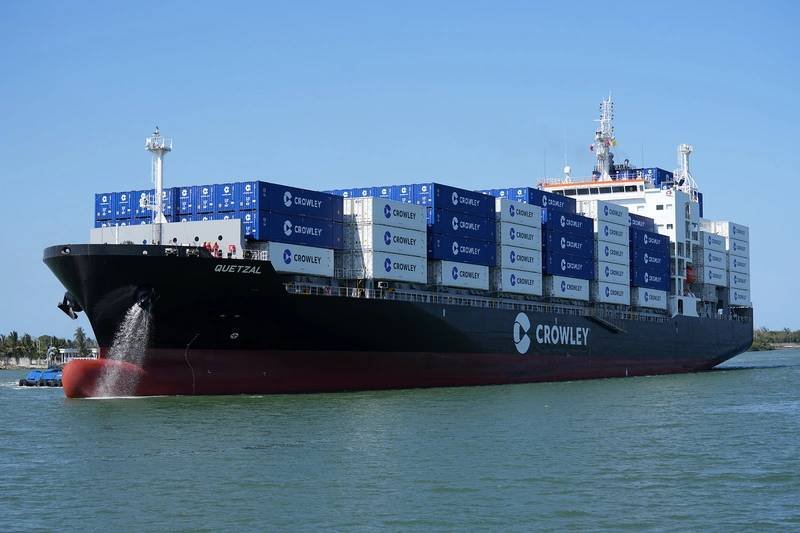In 2020, the world’s largest iceberg, A23a, broke away from an Antarctic ice shelf and drifted into the Atlantic Ocean. Initially expected to melt away and break up due to strong circumpolar currents, the iceberg surprised researchers by getting stuck in a rare ocean vortex. Its slow, once-a-month orbit has kept it from moving anywhere, defying expectations.
A23a has a long history, originally part of the Filchner-Ronne Ice Shelf in the 1980s before breaking off and drifting into the Weddell Sea. After being grounded for over three decades, the iceberg finally refloated in 2020 and began a slow drift northwest towards the Antarctic Peninsula. However, it never made it past the South Orkney Islands, where it remains caught in a Taylor Column – a rotating cylindrical current.
Measuring about 1.1 million acres in area, A23a is approximately 75 times larger than Manhattan and weighs about one trillion tonnes. Its slow rotation of about one every 24 days has captivated researchers, who are studying the iceberg’s unique situation. Despite initial predictions, A23a’s journey in the cold South Atlantic may be far from over, as it continues to spin in place due to the unusual ocean dynamics it is caught in.











